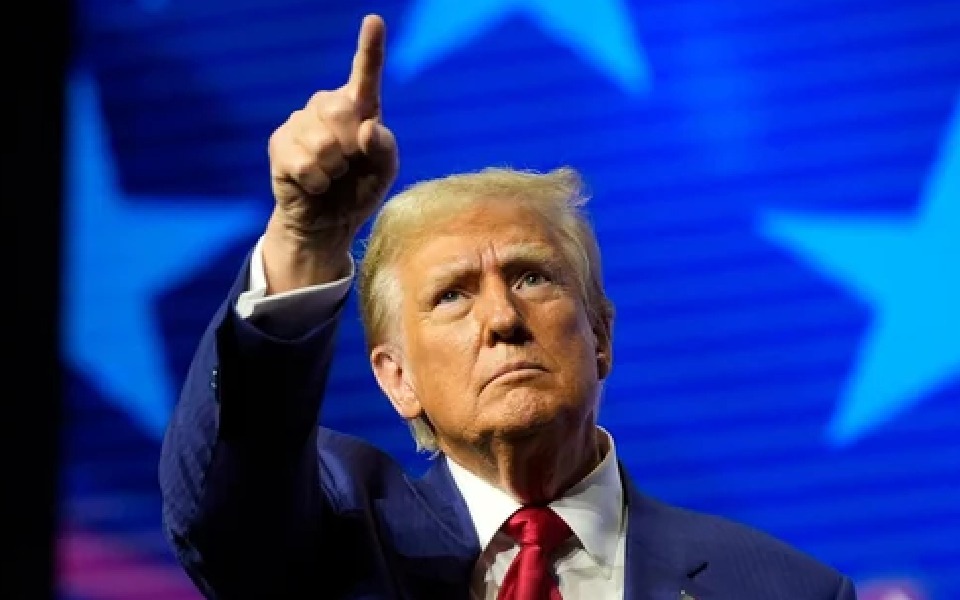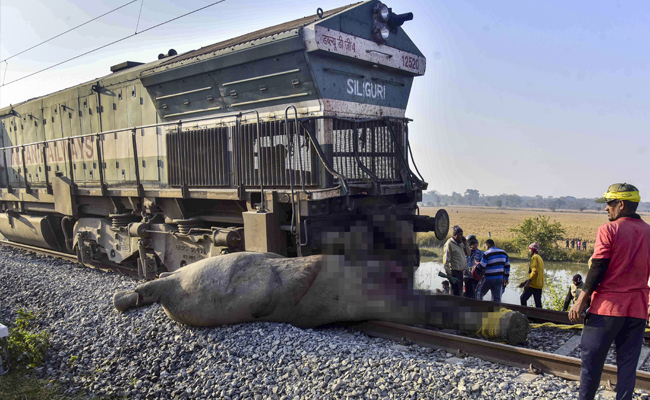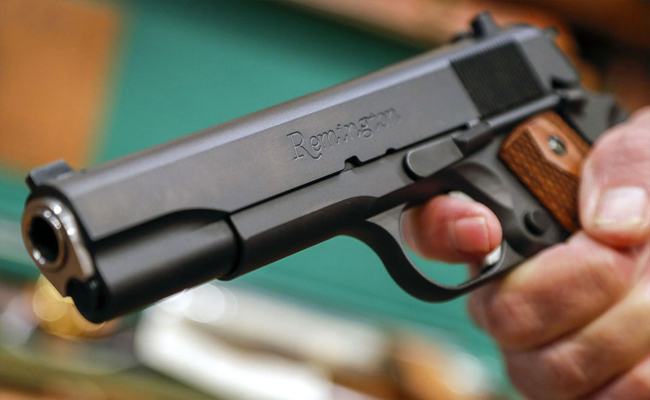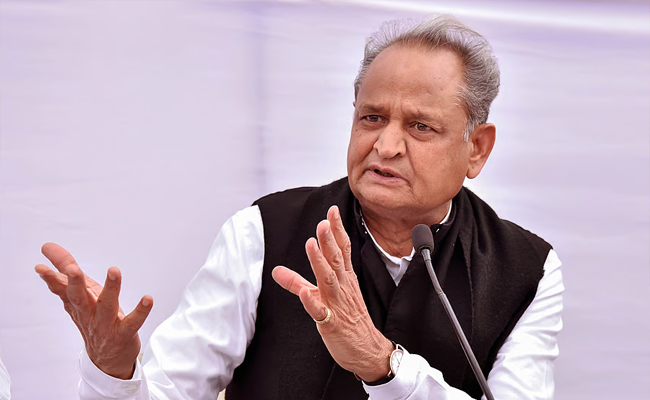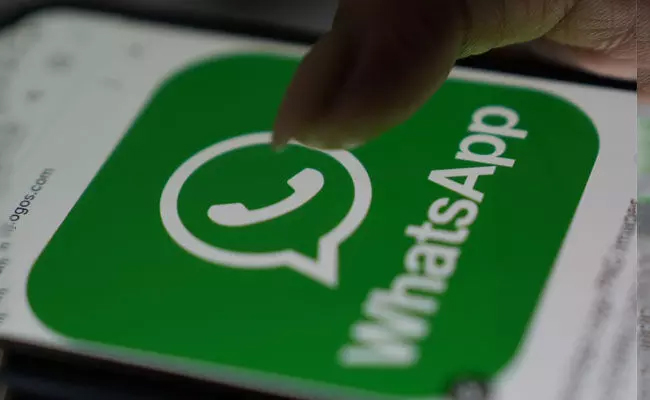Washington, Jan 8: US President-elect Donald Trump has warned that “all hell will break out in the Middle East” if the hostages being held by Hamas are not released by Inauguration Day.
Trump did not elaborate on what actions he might take if the captives are not released by the time he takes office.
Officials say about 100 hostages, including some Americans, who were seized on October 7, 2023, remain captive in Gaza, though they believe many of them may have died in captivity.
“All hell will break out. If those hostages aren’t back, I don’t want to hurt your negotiation, if they’re not back by the time I get into office, all hell will break out in the Middle East,” Trump told reporters at a news conference in Mar-a-Lago, Florida.
Trump will be sworn in on January 20 as the 47th President of the United States.
He was responding to a question on the status of negotiations with Hamas on the release of American hostages. His Special Envoy to the Middle East Steven Charles Witkoff, who has just returned from the region, told reporters that they are on the verge of it.
“I believe we’ve been on the verge of it. I don’t want to discuss sort of what’s delayed it, no point in being negative in any way. But I think it’s the president, his stature, what he’s said he expects, the red lines he’s put out there, that’s driving this negotiation,” Witkoff said.
Noting that they are making a lot of progress, he said: “I don’t want to say too much because I think they’re doing a really good job back in Doha. I’m leaving tomorrow to go back to Doha. But I think that we’ve had some really great progress and I’m really hopeful that by the inauguration we’ll have some good things to announce on behalf of the president.”
“I actually believe that we’re working in tandem in a really good way, but it’s the president, his reputation, the things that he has said that are driving this negotiation. So hopefully it’ll all work out and we’ll save some lives,” Witkoff said.
Negotiations between Hamas and Israel are ongoing in Qatar, with Hamas this week naming 34 hostages in Gaza — including two dual US citizens — it would be willing to release in a ceasefire deal, the National Public Radio reported.
Trump, in response to a question, warned Hamas to release all the hostages by January 20.
“It will not be good for Hamas and it will not be good frankly for anyone. All hell will break out. I don’t have to say anymore, but that’s what it is. They should have given them back a long time ago — they should have never taken them. There should have never been the attack of October 7th. People forget that, but there was and many people were killed,” he said.
“They’re no longer hostages. I have people from Israel and others calling, begging me to get — we also had people there from the United States just so you know. They’re holding some so-called hostages from the US, but I’ve had mothers come to me and fathers crying, can I get the body of their son back? Can I get the body of their daughter back?” he said.
“That beautiful girl where they threw her in the car, pulled her by her ponytail and threw her in the car like she was a sack of potatoes. I said, what happened to her? Sir, she’s dead. Like a 19, 20-year-old, beautiful girl. The way they treated her,” he said as he applauded his special envoy for the progress being made so far.
“I tell this, I don’t want to hurt the negotiation. If the deal isn’t done before I take office, which is now going to be two weeks, all hell will break out in the Middle East,” Trump said.
The Biden administration has unsuccessfully tried to help broker a ceasefire in Gaza for well over a year. The first ceasefire – weeks after the October 7 attack – saw the release of dozens of hostages, but subsequent efforts to pause the fighting and secure the release of additional hostages have gone nowhere.
Let the Truth be known. If you read VB and like VB, please be a VB Supporter and Help us deliver the Truth to one and all.
Jamshedpur (PTI): Over half a dozen passenger trains will remain cancelled for three days from December 22 under the Chakradharpur division of South Eastern Railway due to the movement of elephants, a railway statement said on Sunday.
The Memu train services will remain cancelled between December 22 to 24, a South Eastern Railway statement said.
ALSO READ: Woman cop shoots, injures rape accused trying to flee during crime reconstruction in Gujarat
Movement of a herd of elephants has been noticed near rail tracks between Chakradharpur (Jharkhand's Singhbhum)-Jharsuguda (Odisha) section of the division, especially Bandamuna during night, said Senior Divisional Commercial Manager, Chakradharpur division of S E Railway, Aditya Choudhary.
The train services are being slowed down, causing traffic congestion and subsequently delaying train movements, he said.
The trains which will remain cancelled due to elephant movements in the section include 68025/68026(Ckp-Rou-Ckp), 68043/68044 (Tata-Rou-Tata), 18175/18176(Hte-Jsg-Hte), 68029/68030 (Rou-Jsg-Rou), 58151/58152 (Brmp-Bxf-Brmp) PASS, 68125/68126 (Tata-Bbn-Tata) MEMU, 68019/68020 (Tata-Gua-Tata) Memu, 68010/68009/68006 (Ckp-Tata-Kgp-Ckp) Memu, it added.

